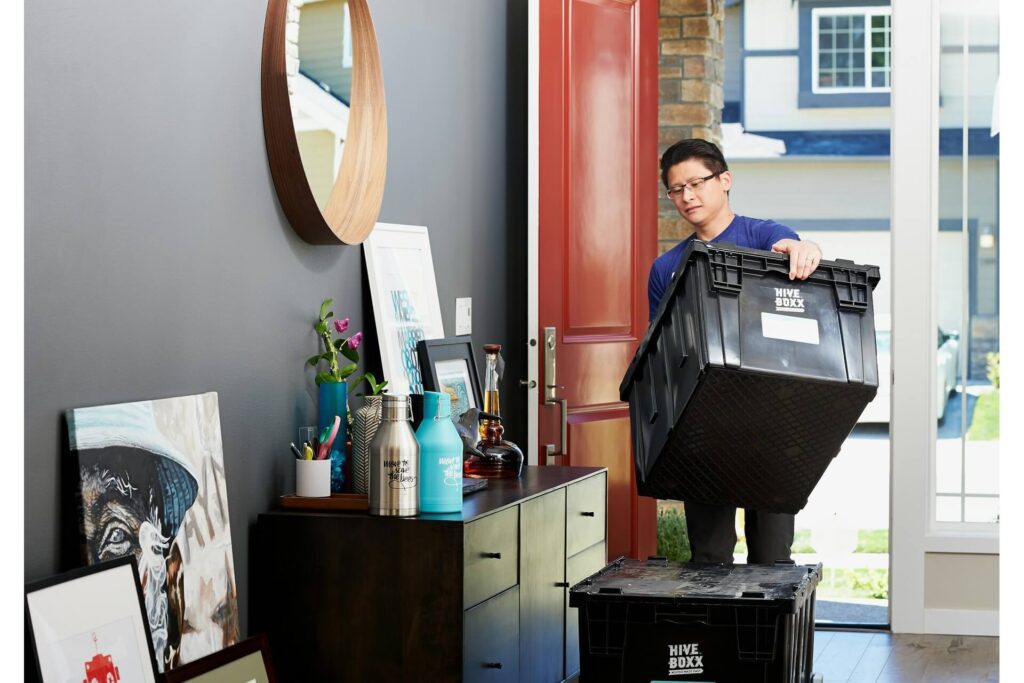
We are reader-supported. When you buy through links on our site, we may earn an affiliate commission.
Most adults have attended a housewarming party or two. Usually, you give a gift or token to celebrate their new property. Where did the most unique homeowner traditions start, and do all cultures celebrate the same?
Each culture has traditions and rituals accompanying the first night in a new house. These unique homeownership traditions give friends and family insight into your cultural heritage.
What Are Homeowner Traditions and New Home Rituals?
A home tradition or new property ritual is a gesture observed to remember a belief or to ensure a positive outcome or blessing for the home and its occupants. A family’s rituals and traditions are what bring them together, and new homeownership events are an example of the power of family rites. Many new homeowners visualize owning their home long in advance.
Historical Home Rituals and Gifts
Depending on the time in history and where your ancestors lived, they may have given each other gifts of fruit, firewood, wine or bread as housewarming tokens. However, each token meant more than just food and could symbolize wealth.
Families may also have unique traditions or rituals regarding their new home, such as religious steps and requirements to ensure they live comfortably and safely.
Ensure you check the requirements for your friends’ cultural beliefs before buying them a housewarming present. While you may have heard that giving a lucky bamboo as a gift is a great idea, it’s only appropriate when it has five or eight stalks. Never give one with four stalks, as it represents bad luck and ill omens. Perhaps the tradition stems from ancient construction methods that relied on bamboo as material.

5 Unique Homeowner Traditions and Rituals Still Used Today
A few archaic homeownership rituals are quite popular today. These include:
1. Ringing a bell to chase away evil spirits: According to Buddhist beliefs, the bell’s echoes would prove too loud for negative forces to enter your home.
2. Sweeping the space before unpacking to remove any negative energy: While this is great for cleaning up the house, it’s also symbolic of getting rid of the old in many cultures. Some Korean families may even give the new owner a fresh broom and dustpan to clean the home.
3. Moving a lamp and bed into the new house before the first rain starts: Some Hindus believe they must move a lamp and a bed into their new home before monsoon rains begin in India. Moving during the rainy season is considered bad luck.
4. Painting the front door blue scares off evil spirits as they don’t like deep water: Blue has long held value as a color that demons fear in parts of Europe. Some European tribes painted their faces blue before battle. Painting the front door blue is a remnant of this custom.
5. Planting an orange tree to welcome good fortune: Who doesn’t like the scent of orange blossoms? Many Asian nations see a healthy orange tree as a sign of prosperity and health. Early Romans also valued the orange tree as a sign of youth and health.
6. Lighting candles to shine light in all corners of the home: Modern candles have come a long way since the early wicked candles that originated in Egypt in 3,000 BC. Many religions use candles for iconic ceremonies today.
7. Offering bread and salt, symbolizing wealth and sustenance: Salt has a historical value as a heavily traded commodity, so giving salt has always been similar to giving someone money.
3 Points on Housewarming Rituals
Most Americans and some Europeans call this gift-giving tradition for a new or first home a housewarming tradition. Today, it may look like pizza eaten on movers’ boxes or a sit-down meal once the new owner has settled in. Perhaps you buy them a love fern or other house plant to add some greenery to their house, hoping they know how to treat plant pests before your gift dies. Some authentic traditions persist, so check whether the hosts follow their culture’s prescriptions so you can respect them.

1. A Priestly Blessing
Some Christian, Hindu, and Buddhist homeowners may still invite their local priest or monk to bless their property. At the blessing, friends and family gather while the priest prays or meditates and then smudges the entrance and specific parts of the house or sprinkles holy water. If the family is religious, they may first move their religious iconography, such as a Crucifix, Mother Mary or a Buddha, into the home before unpacking anything else.
2. Blessing Timing
The timing of the blessing is also vital. Most cultures require it before the couple moves in or unpacks their belongings. If evil spirits or energy from the previous owners remain, the blessings will remove ill intent.
3. Other Religious Blessings
Strict Hindus may require leading a cow through the house, boiling its milk in the kitchen, and adding cow urine to the first bath. An auspicious astrological date is needed to host the Griha Pravesh Puja rituals to ensure happiness and abundance for the new owners.
3 Things to Bring to a New Home
What are the three best things to give a new homeowner while respecting their traditions? These ways to honor their beliefs while making gift-giving magical:
- Bread and salt: Breaking bread together is a tradition for many cultures. It shows companionship, peaceful intentions and prosperity. But rocking up with a couple of bagels and a salt pot isn’t going to cut it.
Tip: Buy a lovely breadmaker or pizza oven as a gift. It’s the best of both worlds. Alternatively, get a health-conscious Himalayan salt lamp for light and cleansing.
- Olive oil: Many faiths also consider giving olive oil a cultural gift. Oil symbolizes wealth and stability.
Tip: Choose a collection of flavored olive oils for a tasting experience. To celebrate the new property, add fresh olives, cheese, and a stylish charcuterie board to the gift.
- Candles: Celebrating the “first night in new home traditions” may require new owners to light up all the corners of their homes.
Tip: Bring some technology to the party with rechargeable flashlights or beautiful LED candle sticks.
Fabulous Homeowner Traditions
The home traditions you choose to celebrate reflect what matters to you. These rituals are ideal for bringing you and your family together. If you are devoted to your traditions and cultural heritage, your friends and family will appreciate sharing these rituals.







